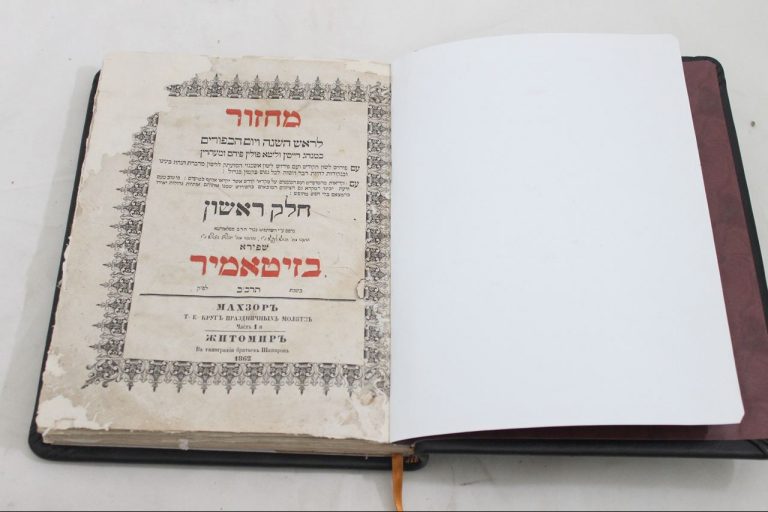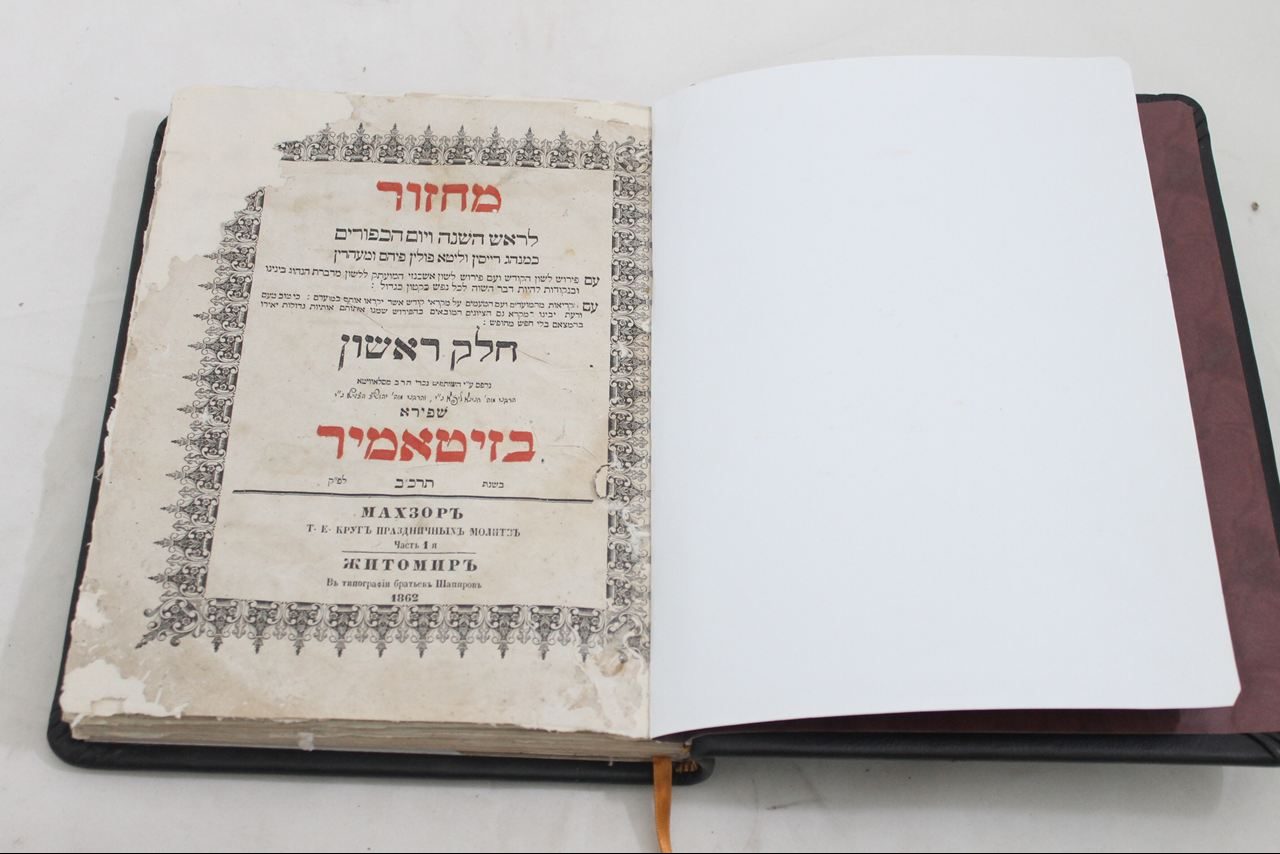Rabbi Yochanan Ben Zakkai said concerning a king, “Should he fine me, his penalty is not eternal” for I would be able to earn more money. “Should he imprison me, his imprisonment is not eternal” for he might die and his successor will release me. “Should he kill me, my death is not eternal for he can only affect my body, but my soul returns to G-d.” Yet despite this, how great is the fear a person has of law and authority in this world. How much more so should one fear the judgment of the King of Kings, whose verdict is eternal.
 Yom Kippur is a day designed to bring Jews closer to G-d and encourages return to Him through the process of Teshuvah. Though the Yom Kippur service was, during the times of the Temple, focused around the Kohen Gadol, today each individual focuses on himself and his personal Avodah, service to G-d.
Yom Kippur is a day designed to bring Jews closer to G-d and encourages return to Him through the process of Teshuvah. Though the Yom Kippur service was, during the times of the Temple, focused around the Kohen Gadol, today each individual focuses on himself and his personal Avodah, service to G-d.
Known as a day of prayer, Yom Kippur does have numerous prayers associated with it. Most revolve around the central theme of repentance and return. Apparently, Jews everywhere find a connection to Judaism through Yom Kippur. Indeed, Yom Kippur brings more Jews to shul than any other holiday.
The laws for Yom Kippur include all of the work restrictions found on Shabbos. In addition, there are 5 ennuim, afflictions, which a person is also not allowed to do on Yom Kippur. These are eating or drinking, washing one’s body, anointing one’s body, wearing leather shoes and marital relations.
The most famous restriction of Yom Kippur is, of course, fasting. The intention of fasting is not to torture ourselves or to punish ourselves for the sins we have done. Rather, fasting help us to transcend our physical natures. Praying without concern for food allows us to completely focus on the prayers.
All have the purpose of focusing a person on the task at hand for Yom Kippur. The Kuzari, Rabbi Yehuda HaLevi, points out that, “the fast of the pious man is such that eye, ear and tongue share in it, that he regards nothing except that which brings him near to G-d.
“For through this day, He will atone for you, to cleanse you; from all your sins before Hashem you will be cleansed.” (Vayikra 16:30) May we all emerge from Yom Kippur with a Teshuvah Gamura, complete repentance and merit a year filled with happiness, health and Yirat Shamayim, fear of Heaven.

